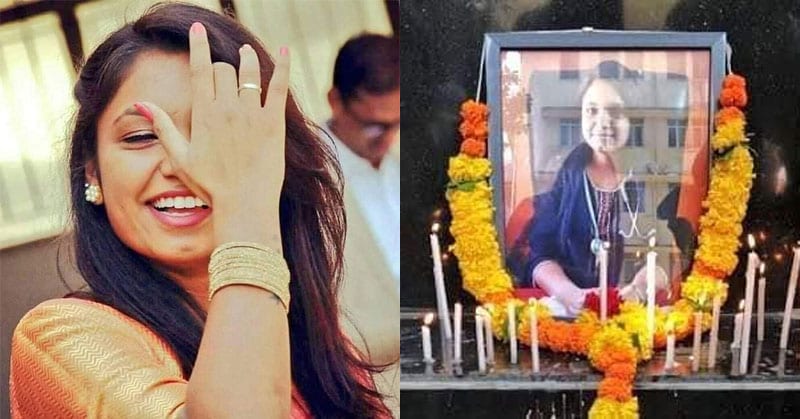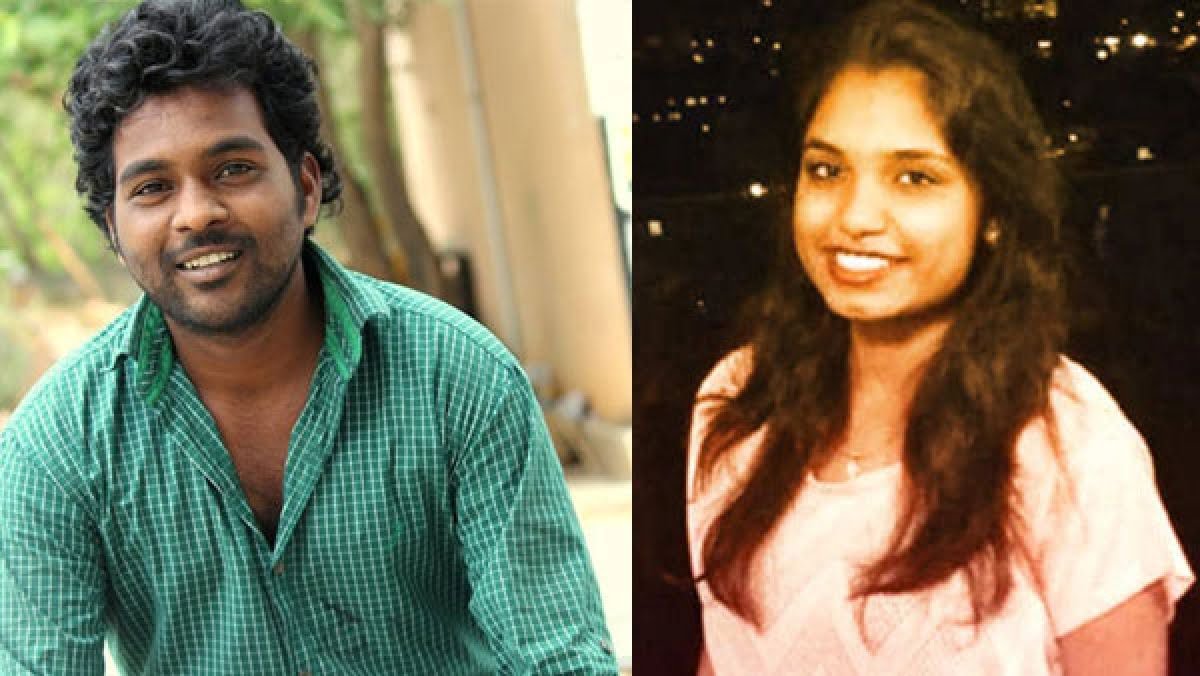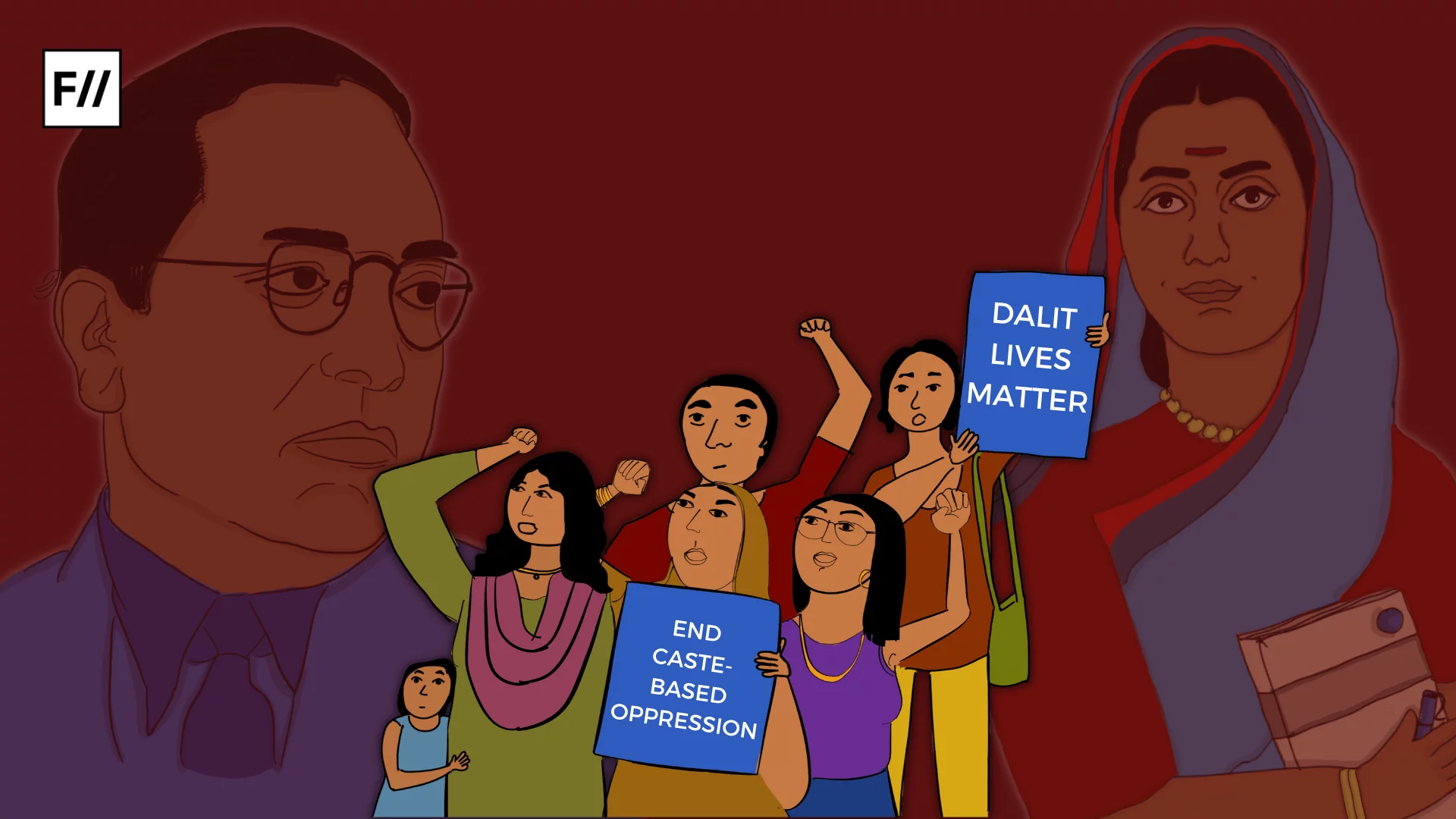Every time somebody argues that casteism doesn’t exist in Indian education institutes, every time they claim we all are equal, enjoying equal opportunities, I just pose one simple question to them— “Do you know any Dalit-Bahujan-Adivasi professor or teacher in your institution?”
Some stay silent, some scream “YES” in excitement as they would know that ‘one’ professor in a department of 20 faculty members. Between the silence and seldom murmuring of the existence of DBA people holding positions of power, we all know the truth.
A recent study titled ‘The Steady Drumbeat of Institutional Casteism’, by the Forum Against Oppression of Women, Forum for Medical Ethics Society, Medico Friend Circle, and the Peoples’ Union of Civil Liberties, Maharashtra, further investigates this truth to unpack the caste-inclusion and casteism in higher educational institutions, especially in medical and engineering colleges in India.
According to data by the education ministry, presented in 2019 in Lok Sabha, out of 6,043 faculty members at the 23 IITs, only 149 were SCs and 21 were STs, accounting for less than three percent of the total faculty members. Similarly, out of the 642 faculty members across 13 Indian Institute of Management (IIMs), only four belong to SC and one faculty member belongs to ST. The University of Delhi which has failed to implement the reservation policy has only three SC professors and none from ST background out of the total sanctioned strength of 264 professors.
Also read: Caste & Habitus Part I: The Role Of Cultural Capital In Caste Hegemony
The study, conducted in the aftermath of the institutional deaths of Dr. Payal Tadvi and Rohith Vemula, quotes how people who share caste-based discriminatory experiences are gaslighted by a culture of victim-shaming inside these institutions and are called ‘mentally weak’. We will try to look closer at the claims and the reality!

The study, conducted in the aftermath of the institutional deaths of Dr. Payal Tadvi and Rohith Vemula, quotes how people who share caste-based discriminatory experiences are gaslighted by a culture of victim-shaming inside these institutions and are called ‘mentally weak’. We will try to look closer at the claims and the reality!
As you are reading this, let’s read this with some empathy, honesty, and reflections. The incidents that are going to be discussed here aren’t far from the realities where we exist or have grown up into. As I try to help you comprehend, I request you to hold compassion close to your heart.

The Hesitation To Call It Caste-Based Discrimination
Payal Tadvi was a 2nd-year Post-Graduate resident doctor at the BYL Nair Hospital (BYL-NH), Mumbai. She was the first woman from her family to become a doctor, and the first woman from the Adivasi Muslim Bhil Community, a scheduled tribe, to pursue a post-graduation in medicine.
The study investigates the cascade of events around the death-by-suicide of Dr Payal Tadvi and what eventually happens to the three accused Hema Ahuja, Ankita Khandelwal, and Bhakti Mehere, who instigated, bullied, discriminated against Dr Payal to an extent that resulted in the unfortunate incident. Even after multiple testimonials and evidence of how Dr Payal was subjected to casteist remarks, the study reveals the institutional bias of several investigation bodies who were reluctant to call it a caste-based-discrimination. They believed it was just plain ragging and mere harassment.
The harassment on Dr Payal by the three accused included persistent derisive remarks about her caste, and on her being from a backward community, being an Adivasi, and having been admitted to medicine through the reserved categories. These accused would often wipe their feet on Dr Payal’s bed after using the washrooms/toilets. They would also made casteist remarks such as; “You are from the reserved category, right? And what rank did you get in the NEET (entrance exam)?”
Doesn’t this qualify as caste-based-discrimination? Rather what is the marker and who gets to decide that?
The study shares- “In one of our interviews, some of the male union activists who were from the dominant castes said that they do not recall any instance of caste or communal discrimination. Similarly, a senior doctor (KI3), who read from a prestigious medical college in Mumbai, denied the existence of discrimination in medical institutions. However, when we specifically asked him if there were instances like general comments being passed by faculty against reservation in the presence of students who may have accessed admission through this, he acknowledged that this could happen. He said, “If this is called discrimination, then yes it happens.”
The hesitation to admit these incidents as casteist discrimination is nothing new but in fact, is the historical politics of savarna people to keep themselves away from accountability. As a society, there is a relief in believing we all are equal. Except we aren’t! The study points out how the majoritarian Hindu religion founded on caste hierarchy and Brahminical supremacy has been continuously striving to perpetuate the hierarchical caste divisions to establish hegemonic ideological power over Indian society. Those who are privileged by a certain axis of marginalisation usually begin with denying the marginalisation itself.
Also read: Caste & Habitus Part I: The Role Of Cultural Capital In Educational Institutions
Shape, Size, Horror of Caste-Based Discrimination
The anger and resentment of savarna individuals against ‘quota students’ often manifests into a distinctive form of casteism that is rooted in the belief that their opportunities are being wrongfully occupied by undeserving quota students. Ironically, there hasn’t been similar outrage against the management quota students.
Is the anger deeply woven into our desi fabric of caste hierarchy and entitlement, that often assumes learning, knowledge consumption, and production as completely a savarna enterprise?
In the case of Dr Payal Tadvi, and many many others, an institutional and individual indifference has been observed that upholds the single idea that something can only be counted as discrimination if it is blatant, intense, crass, or extremely violent. ‘Subtle’ comments such as— “Oh you are SC, wao! You will get admission anywhere, you don’t even need to study!”, “Have you ever eaten such food as you get here in the hostel?”, “You don’t look Dalit”, “You are the people responsible for our academic struggle, you have it so easy!”, “You can never match up to our merit.”, etc, often pass off as general harmless ragging.
“Adham jamein shiksha paye, bhayahu yatha ahi dudh pilaye,” (educating a lower-caste person is the same as feeding milk to a snake)’ — this was a saying I used to hear several times a day from a senior professor,’ recalls Dr. Surya Bali, who belongs to a Scheduled Tribe and is currently working as an additional professor at AIIMS, Bhopal, in the study.
Often, professors in educational institutions do not give deserving marks in exams to DBA students or many times, a promotion is determined by the caste location of the candidates. It is harder for the students or professionals belonging to marginalised caste or tribe to get an opportunity to participate in conferences and/or present their work.
The Harm In Not Calling It Discrimination
The hesitation of calling such behavior outrightly casteist and hence, discrimination legitimises its normalisation in larger contexts. It becomes part of our laws, culture, interactions, and institutions. Often, even though such behavior towards us does not lead to losing our lives, surviving life with dignity becomes impossible. The recent resignation of the IIT Madras professor Vipin Pudiyath Veetil due to caste-based harassment, IIT Kharagpur professor, Seema Singh’s casteist abusive remarks on SC-ST students… there is no dearth of such incidents that makes it difficult for Dalit, Bahujan and Adivasi people to navigate educational spaces.

The recent resignation of the IIT Madras professor Vipin Pudiyath Veetil due to caste-based harassment, IIT Kharagpur professor, Seema Singh’s casteist abusive remarks on SC-ST students… there is no dearth of such incidents that makes it difficult for Dalit, Bahujan and Adivasi people to navigate educational spaces.
Megan Urry, Astrophysicist and Director, Yale University Centre for Astronomy, beautifully explains, “Discrimination isn’t a thunderbolt, it isn’t an abrupt slap in the face. It’s the slow drumbeat of being underappreciated, feeling uncomfortable, and encountering roadblocks along the path to success.”
Announcing reservation as anti-merit and upholding the notion that DBA people do not have the required merits and capabilities to complete professional courses and be equipped professionals in medicine or engineering, thrives on the culture of casteism. It makes it okay for others to doubt and discriminate against our merit and potential. The caste-based discrimination against DBA people does not stop, even after they have proven their ‘merit’. Some students who got admitted through reservations were among the top 10 in various examinations, the study says.
Coercing marginalised people to prove their “merit” to demand dignity is itself discrimination. Assuming marginalisation exists in a vacuum and there is no historical, systematic context to it only shows how savarna people continue to enjoy intergenerational privilege whereas DBA people suffer intergenerational trauma. We need to understand that reservation is an affirmative action that has been conceptualised to compensate for centuries of lack of social capital.
Acknowledging what is discrimination is important for holding people and legal bodies accountable for their casteist behavior and biases. People refusing to recognise casteist behavior as discrimination brings great labor on DBA people as they have to constantly reiterate how it is hurtful. Sometimes when we talk about our experiences as Dalit people, we want people to trust us, instead of putting us on a pedestal to show rationale in our feelings. When we say their actions inflict pain, we are in pain, and that is what should matter, not proving if the pain is real or not. The shift from comprehension to compassion has to be central to affirming actions towards inclusion of DBA persons at both individual and institutional level.
Featured image source: OneIndia
About the author(s)
Sudipta Das(He/They) is a communications professional having experience of working on issues around gender-based violence, child rights, queer rights and sexuality. They have been an India Fellow'17 and a Likho Citizen Journalism Fellow'19. They believe in intersectional feminism and wish to write elaborately on the subjects of media, caste, sexuality and mental health.




